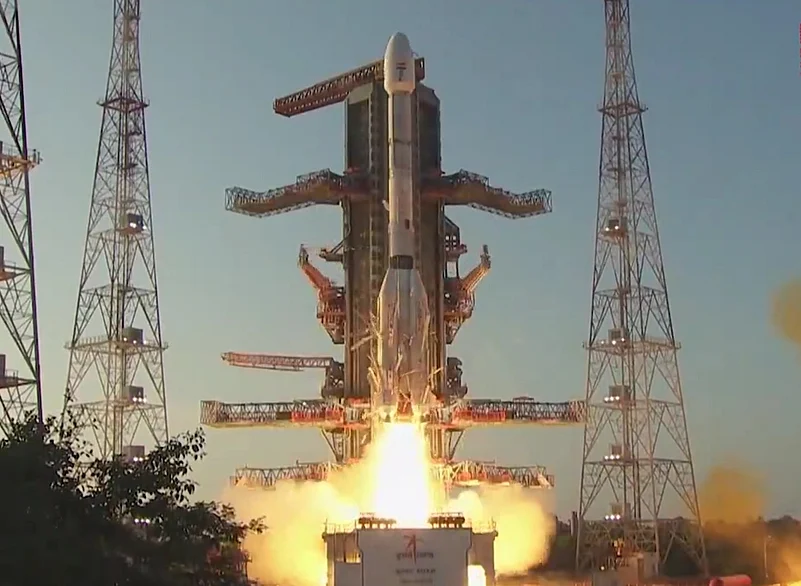A private engineering college in Salem district is celebrating the contribution of its students, who built a critical component of the GSLV-F14 rocket which was used in the recent successful launch of a weather satellite by ISRO.
The Bengaluru-headquartered space agency had successfully launched the INSAT-3DS satellite on February 17 from the spaceport of Sriharikota near Chennai. The SonaSPEED (Sona Special Power Electronics and Electric Drives) division of the Sona College of Technology, Salem about 320 kms from Chennai developed the critical magnet stepper motors in the mixture control actuator, which were used in the cryogenic stage of the launch vehicle.
The Geosynchronous Launch Vehicle (GSLV) is a three-stage rocket, with an indigenous cryogenic upper stage. "The mixture control actuator helps mix liquid oxygen and liquid hydrogen in precise combination for a perfect lift-off," a press release from the college said on Friday.
The components were tested ahead of the launch by scientists of Vikram Sarabhai Space Centre, Thiruvananthapuram. "Sona research team rigorously followed the process in the design and manufacture of this critical piece of equipment," Sona College of Technology Principal SRR Senthil Kumar said.
According to the college, it has received research grants worth multi-million from the Department of Space and Technology, IBM as well as the National Technical Textile Mission in the current academic year.
Students of Sona College of Technology along with five other colleges were previously involved in the development of a student satellite which was successfully launched by ISRO in 2017.





















